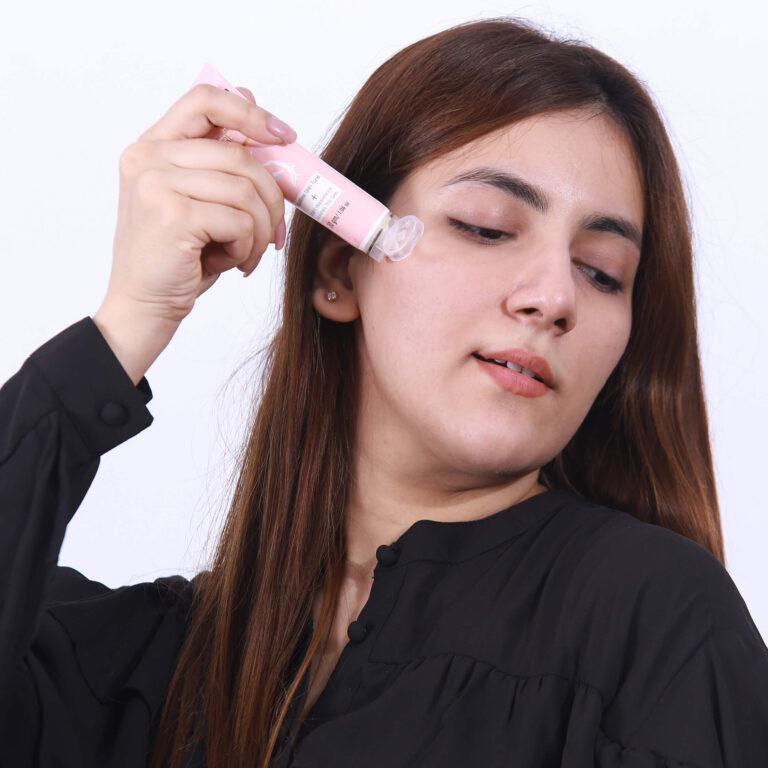Acne is one of the most common skin conditions, affecting people of all ages around the world. Whether you’re dealing with occasional breakouts or persistent acne, finding the right solution can feel overwhelming. This guide breaks down the most effective acne solutions—natural, over-the-counter, and professional—so you can start your journey to clearer, healthier skin.
Understanding Acne: What Causes It?
Before jumping into solutions, it’s important to know what causes acne in the first place. Common causes include:
-
Excess oil production (sebum)
-
Clogged pores due to dead skin cells
-
Bacteria buildup (Propionibacterium acnes)
-
Hormonal changes (especially during puberty, menstruation, or stress)
-
Diet and lifestyle habits
-
Use of comedogenic products (pore-clogging)
Best Skincare Habits for Acne Prevention
Adopting the right skincare routine can make a world of difference:
-
Cleanse Twice Daily: Use a gentle, non-comedogenic cleanser to remove dirt, oil, and makeup.
-
Avoid Harsh Scrubs: These can irritate the skin and worsen inflammation.
-
Use Oil-Free Moisturizer: Even acne-prone skin needs hydration.
-
Choose Non-Comedogenic Products: Ensure your makeup and skincare products don’t clog pores.
-
Don’t Touch Your Face: Hands carry bacteria that can trigger breakouts.
-
Change Pillowcases Often: Oil and dirt from hair and skin accumulate here.
Over-the-Counter Acne Treatments
OTC products are often the first step in treating mild to moderate acne. Look for these active ingredients:
-
Benzoyl Peroxide: Kills acne-causing bacteria and reduces inflammation.
-
Salicylic Acid: Helps exfoliate the skin and unclog pores.
-
Niacinamide: Soothes inflammation and improves skin tone.
-
Alpha Hydroxy Acids (AHAs): Exfoliate the surface and help with skin renewal.
Natural Remedies for Acne
Many people prefer natural remedies for their gentleness and affordability. While not every method works for everyone, here are some popular options:
-
Tea Tree Oil: Has natural antibacterial properties. Use diluted with a carrier oil.
-
Aloe Vera: Soothes and hydrates irritated skin.
-
Honey and Cinnamon Mask: Both ingredients are antibacterial and can reduce acne-causing bacteria.
-
Green Tea Extract: Rich in antioxidants and can reduce oil production.
Lifestyle Changes That Help
Acne isn’t just about what you put on your skin—it’s also about how you treat your body:
-
Hydration: Drink plenty of water to flush toxins.
-
Balanced Diet: Reduce sugar, dairy, and greasy foods. Add more fruits, veggies, and omega-3s.
-
Stress Management: Stress hormones can trigger breakouts. Try meditation, exercise, or journaling.
-
Adequate Sleep: Your skin regenerates during rest. Aim for 7–8 hours of quality sleep each night.
When to See a Dermatologist
If acne persists or worsens despite home treatments, it’s time to seek professional help. A dermatologist may recommend:
-
Prescription Creams or Gels: Stronger versions of retinoids, benzoyl peroxide, or antibiotics.
-
Oral Medications: Such as antibiotics, hormonal pills (for women), or isotretinoin (Accutane) for severe cases.
-
Chemical Peels or Laser Therapy: Professional treatments that reduce acne and fade scars.
-
Cortisone Injections: For painful, cystic acne that needs quick relief.
Treating Acne Scars
Once acne clears, you may be left with dark spots or scars. Popular treatments include:
-
Microneedling: Stimulates collagen to reduce scarring.
-
Chemical Peels: Exfoliates damaged skin layers.
-
Laser Resurfacing: Helps smooth out deep scars.
-
Topical Retinoids: Improve cell turnover and fade pigmentation over time.
Myths About Acne
Let’s bust a few common acne myths:
-
Myth: Only teens get acne.
Truth: Adult acne is very common, especially in women. -
Myth: Washing your face more often prevents acne.
Truth: Over-washing can strip the skin and increase oil production. -
Myth: Popping pimples helps them heal faster.
Truth: It can cause scarring and worsen inflammation.
Final Thoughts: Be Patient and Consistent
There’s no one-size-fits-all acne solution, but with consistent care and the right combination of products and lifestyle changes, you can achieve clearer skin. Start simple, stay patient, and don’t hesitate to consult a dermatologist if needed.
Your skin deserves care, not stress. Clear skin is a journey—one step at a time.



